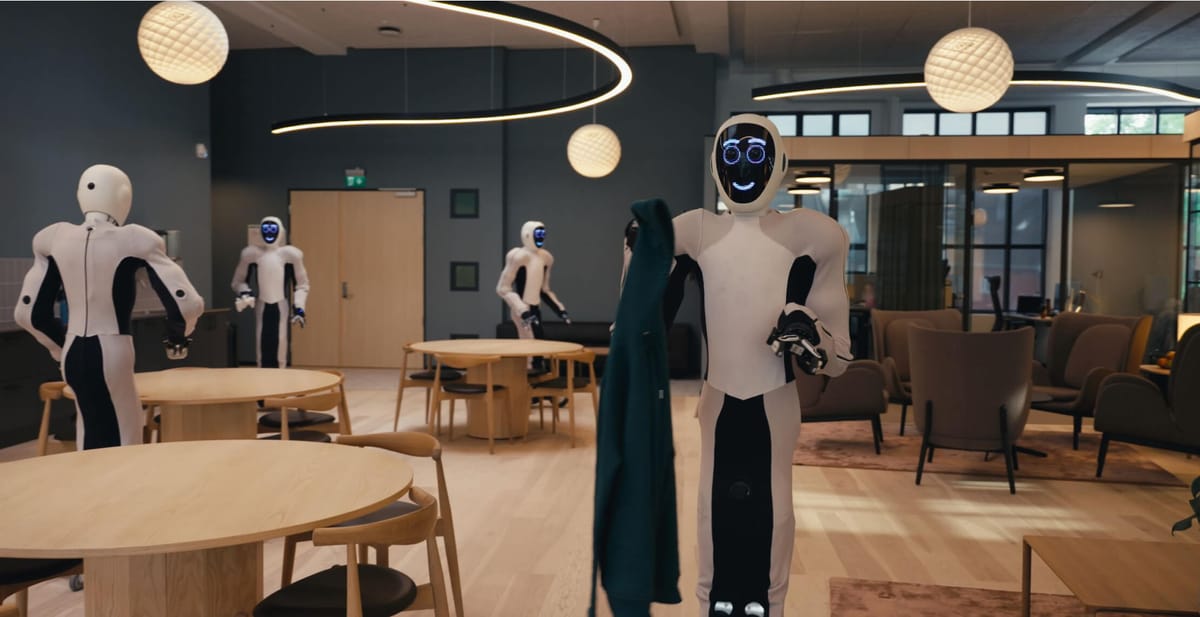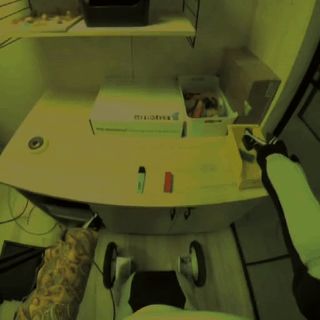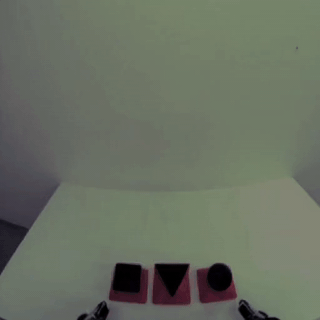
Norwegian startup 1X Technologies has announced what they claim to be a significant breakthrough in robotics: an AI-based world model that serves as a virtual simulator for robots. This development aims to solve a critical challenge in robotics - the reliable evaluation of multi-task robots in dynamic environments.
Addressing the “robot dilemma,” 1X Technologies aims to solve the challenge of reliably assessing robots trained for multiple tasks in ever-changing environments. The company highlighted that traditional evaluation methods struggle to maintain consistency, as even minor environmental shifts can lead to substantial performance variations. For instance, a robot tasked with folding T-shirts demonstrated fluctuating efficiency over a 50-day period, underscoring the difficulty of maintaining steady performance in dynamic settings.









To develop their world models, 1X Technologies amassed thousands of hours of video footage capturing their humanoid robot, EVE, performing a variety of tasks in residential and office environments. Utilizing machine learning, the company trained these models to predict how objects and environments would respond to different robotic actions. This capability allows the models to generate realistic visual simulations, such as avoiding collisions with humans and objects, without explicit programming for each scenario.
1X Technologies’ world models exhibit the ability to handle complex interactions, including grasping and lifting objects, opening doors and drawers, and manipulating deformable materials like clothing. The models can generate multiple potential outcomes from the same initial conditions, enabling comprehensive testing of robotic actions. For example, the system can simulate different trajectories for a robot hand interacting with boxes, demonstrating how varying actions result in distinct object movements while keeping other items stationary.
Despite these advancements, 1X Technologies acknowledges several limitations. The world models occasionally struggle with maintaining object coherence, leading to inconsistencies in color and shape during interactions. Additionally, while the models generally adhere to physical laws, there are instances where simulated objects behave unrealistically, such as a plate remaining suspended in mid-air. The system also faces challenges with self-recognition, as evidenced by unreliable mirror reflections of the robot’s actions.
To foster further development in this field, 1X Technologies has launched the “1X World Model Challenge,” which offers over 100 hours of vector-quantized video data, pre-trained models, and cash prizes to incentivize research and innovation. The initial Compression Challenge awards $10,000 to the first submission that achieves a specified training loss on a private test set. Future stages of the competition will focus on sampling and evaluation, aiming to enhance the model’s ability to generate accurate future scenarios and predict robot performance before real-world deployment.
This advancement comes at a time of increased investment in humanoid robotics. Earlier this year, 1X raised $100 million to support the development of their household robot, Neo, with backing from industry leaders like OpenAI.

As the race to create more sophisticated robot systems intensifies, 1X's world model approach could mark a significant shift in how robots are trained and evaluated. The technology promises to bridge the gap between simulation and real-world performance, potentially ushering in a new era of robotic capabilities.


